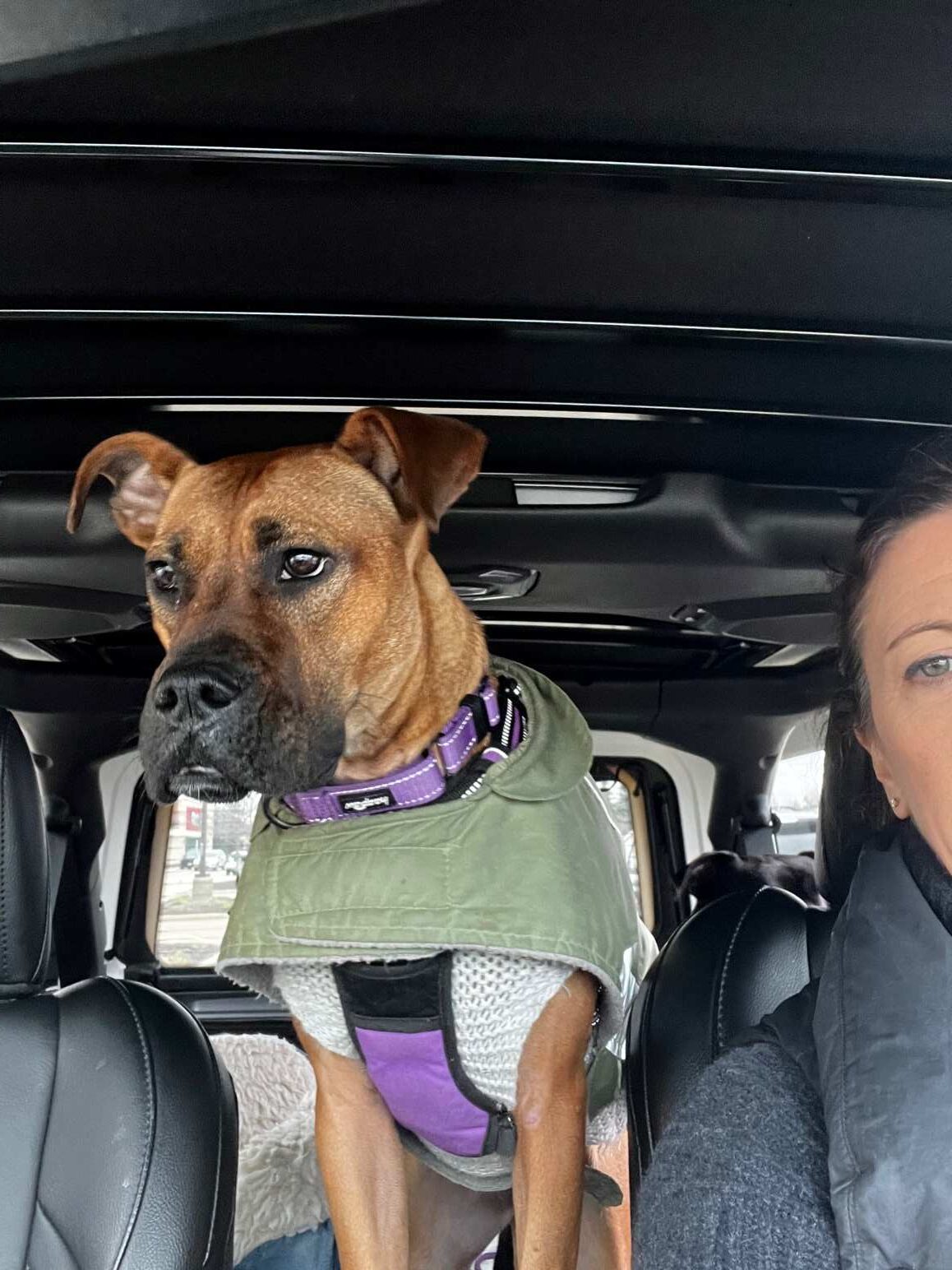
[Flash] Bowling Alone or Better Together (The Case for Mustering a Mentor)
|
In the late 1990s, political scientist Robert Putnam published an essay entitled “Bowling Alone: The Collapse and Revival of American Community,” arguing that the decline in social interactions undermines civic engagement.
Analyzing decades of data, Putnam revealed that our need to interact with others has plummeted since 1950. For illustrative purposes, he noted that while the number of Americans who bowl has increased, participation in bowling leagues has decreased. People are bowling alone. And because they are bowling alone, they lack the social connections and discussions that occur in a league environment. Drawing on thousands of surveys, Putnam highlighted additional societal trends indicating an unraveling of the fabric of our communities: we belong to fewer organizations, we sign fewer petitions, we know fewer neighbors, we meet with friends less frequently, and we engage in fewer community projects. He named this phenomenon “Bowling Alone” – our disengagement from community involvement. The cause? Putnam primarily blames technology – television, computers, and the internet. Technology individualizes our experience at work and at home. We don’t need each other to do our work and enjoy our personal time. So what? Arguably we’re more efficient and effective today than in 1950! Except that “bowling alone” comes with costs:
Inevitably, “bowling alone” disrupts the workplace. Specifically, people in transition tend to individualize their experience – new to an organization, new to a team, new to a role, new to responsibilities, or new to leadership. At these inflection points, people readily disconnect, disengage, and detach. And it’s here that we must formalize and normalize connection. In other words, let’s assign these people to bowling leagues to thwart their propensity to bowl alone! Whether it’s a designated buddy, champion, learning partner, peer navigator, advisor, or mentor, we can help people create mentoring partnerships as they traverse changes to their confidence, competence, and careers. (In an effort to decrease the rising suicide rate in 2009, the US Army started assigning every new recruit a Battle Buddy in basic training to prevent soldiers from “battling alone.” Battle Buddies validate experiences, assess stressors, and find solutions… together.) Mustering mentoring partnerships can save people and, ultimately, your community! By institutionalizing “better together,” we can disrupt the disruption caused by “bowling alone.” © 2023. Ann Tardy and MentorLead. www.mentorlead.com. All Rights Reserved. |







